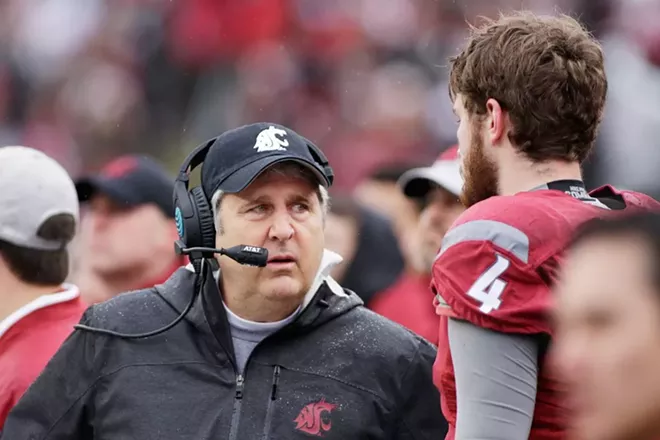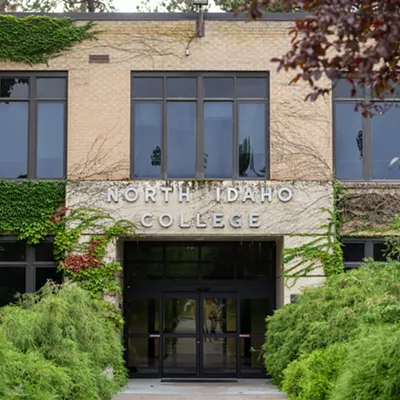REWRITING THE RULES
Calling current CAMPAIGN FINANCE laws a "mockery of basic principles our country was founded on," Spokane City Council President Ben Stuckart successfully passed a wide-ranging overhaul to the rules governing city council, mayoral and court elections Monday.
The maximum contribution limit will be cut in half, capped at $500 for the primary election and another $500 in the general. Another change intends to put an end to the "dark money" shell game where major donors are able to remain secret by first laundering their contribution to a political action committee through a nonprofit: It requires nonprofits to disclose their top three donor names if they're among the top three contributors to a PAC.
Furthermore, candidates wouldn't be able to start raising money until the year before the election.
"It is absurd that we feel compelled to raise money immediately after being elected to office," Stuckart says.
In perhaps the most controversial change, contractors who've been recently awarded more than $50,000 in city contracts are restricted from donating. Originally, the restriction would have applied to city unions — who have often donated to left-leaning councilmembers like Stuckart — but Stuckart says that changed after discussions with the city's legal and human resources department.
In defense of the disparity, Stuckart compared city unions and contractors to "apples and oranges," arguing that it was fallacious to equate for-profit company seeking "million-dollar contracts" with police officers and firefighters.
"Suggesting one is a conflict while the other is not is ridiculous," tweets Michael Cathcart, head of Better Spokane, the political action committee that campaigned against several of the council incumbents this year. "This provision is a special deal for their special friends and is corrupt."
While conservative City Councilman Mike Fagan praised the work that went into developing the ordinance, he agreed with Better Spokane's overall complaint. "Let me assure you I don't get any support from the unions, ever," Fagan says, explaining why he'd be sole vote against the measure. (DANIEL WALTERS)
LEAVING IT ON THE FIELD
As Washington State University faces university-wide budget cuts, one notable employee just got a raise: football coach MIKE LEACH.
The university announced this week that Leach, who led the team to their third straight bowl appearance this year, agreed to a contract keeping him at WSU through the 2022 season, along with a pay increase to $4 million a year.
"Coach Leach has led a spectacular turnaround in the fortunes of our football program for a long time to come," WSU President Kirk Schulz says in a statement.
Schulz explained that football success helps the entire athletic program by boosting ticket sales and increasing donor contributions, and it helps the university by increasing visibility of the university across the nation.
But the pay raise for Leach comes at a time when many are criticizing the university for its priorities amid budget cuts. Schulz announced recently that the performing arts program would be cut, and each department at WSU was asked to reduce spending by 2.5 percent in 2018.
Last week, faculty members delivered a proposal backed by more than 1,000 employees, students, alums and state residents to cut administrator salaries, including Schulz's, instead of the university's planned cuts to departments. But Schulz said that proposal would be unfair, since it asks one group — administrators — to "bear the disproportionate brunt of the spending reductions."
"That's not really a great idea for me," Schulz tells the Inlander. "I'm not interested in cutting anybody's salary."
In the case of Leach, the coach was appreciative of the pay bump: "I would like to thank President Schulz and Washington State for their commitment to Cougar football and appreciate his vision and leadership for WSU athletics." (WILSON CRISCIONE)



















